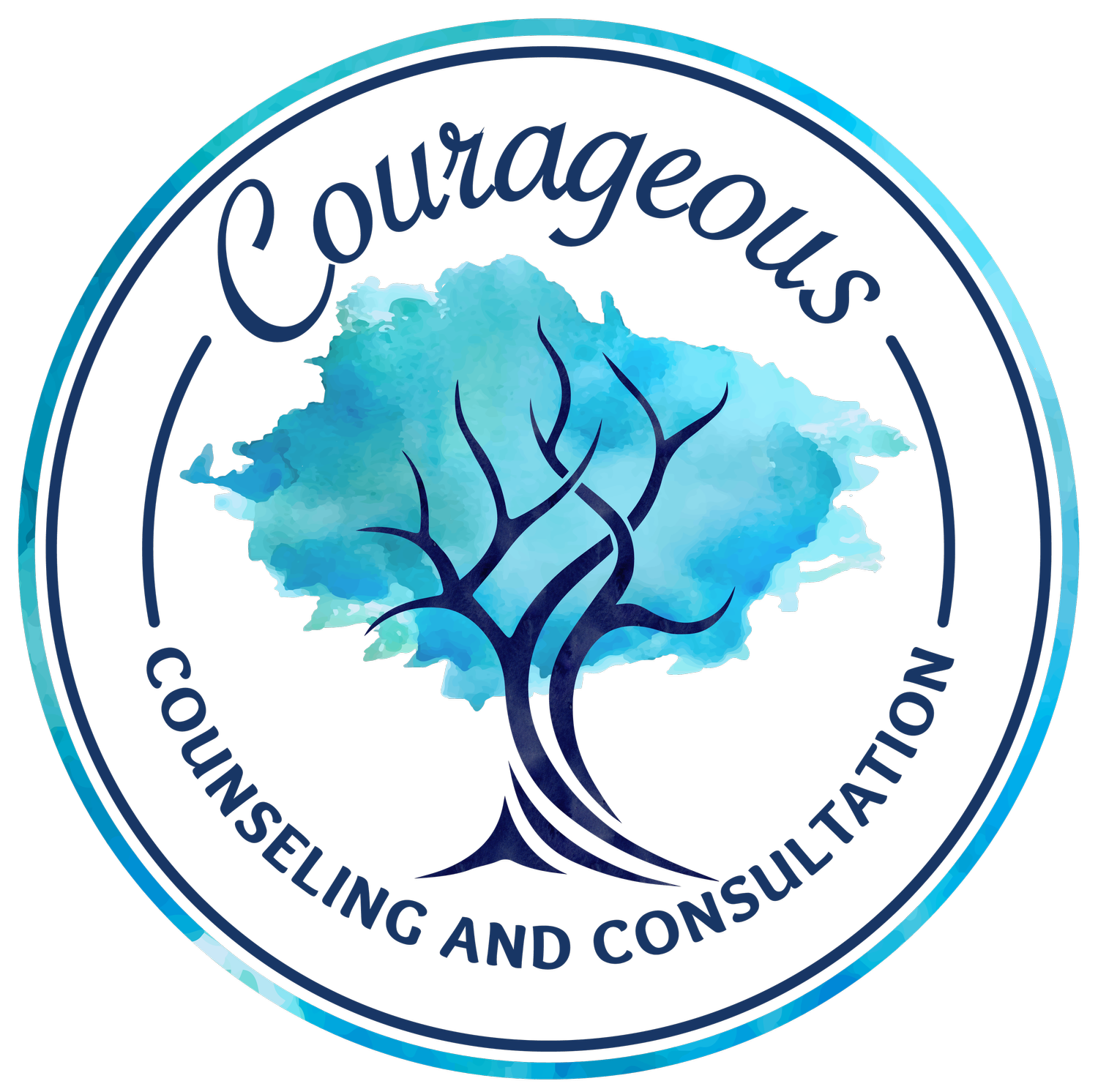Spooky Season: 5 Fall Habits That Can Haunt Your Mental Health (and How to Break Them)
When the season changes, it is easy to slip into habits that leave you feeling drained instead of energized. Fall can be cozy, but it can also come with some “spooky” challenges for your mind and body. Many people notice shifts in their anxiety, depression, or old patterns of trauma resurfacing this time of year. Here are some common pitfalls to watch out for, and practical ways to avoid them.
1) Skipping Movement
In spring and summer, many people feel naturally motivated to get moving – whether it is walking outside, joining a workout class, or trying a new sport. But when vacation is over and it starts to get cool outside, it is tempting to swap exercise for the couch.
Exercise helps regulate mood, reduce anxiety and depression, and improve sleep. The CDC recommends about 150 minutes of moderate activity a week (roughly 30 minutes, 5 days a week). That might sound like a lot, but it can be doable if you keep it fun!
Ideas for fall movement:
Take a brisk walk while listening to your favorite podcast.
Try a dance class, yoga, or even at-home workouts on YouTube.
Embrace seasonal activities: pumpkin patch walks, apple picking, or even raking leaves count as movement.
2) Not Getting Enough Sunlight
By the time you wrap up work and finally have space for yourself, it already feels like it is getting dark outside. Less sunlight can affect your body’s circadian rhythm and contribute to seasonal affective disorder (SAD), a type of depression that happens in fall and winter.
Ways to boost your light exposure:
Aim to spend at least 15 - 20 minutes outside daily, even if it is cloudy.
Position your work area near a window to soak in natural light.
Consider using a sunlamp (also called light therapy). These lamps mimic natural sunlight and can help regulate your mood and energy, especially if you turn them on for 20 - 30 minutes in the morning.
Light helps signal your brain that it is time to wake up and feel alert. Pairing light exposure with a morning routine can make a big difference in easing symptoms of anxiety and depression through the darker months.
3) Texting Your Ex
Fall and winter are affectionately known as “cuffing season” – a time when the chill and holidays can spark the urge to couple up. Nostalgia can trick you into thinking an old relationship was better than it was. For some people, this season can also stir up past relationship trauma and make it harder to stay grounded.
Tips for setting boundaries with yourself:
Resist looking them up on social media. This often leads to hurt feelings.
Plan activities that keep you connected – dinners with friends, solo trips to new spots, or volunteering.
If the urge hits, journal about what you are really missing: the person, or the comfort of not being alone?
Remember: you can miss someone and still know they are not right for you. Your future is not in your past.
4) Arguing with Your Parents
The holidays often mean more family time, which can lead to more conflict. Old dynamics can resurface quickly, making you feel like a child again. The reason family arguments feel so draining is that they usually touch deeper layers of unresolved hurt, family history, or generational trauma. When those patterns get activated, it’s easy to feel pulled back into old roles, even if you’ve grown far beyond them.
It is easy to get pulled into defending yourself, but that usually leaves you feeling even more upset. In reality, some parents or relatives may not have the emotional capacity for certain conversations. Protecting your peace may look like refusing to “enter the ring.” In other words, you don’t have to attend every argument you’re invited to. Sometimes the healthiest choice is to disengage before things escalate.
Ways to protect your energy:
Decide in advance which topics you will not engage in.
Take breaks – go for a walk, step outside, or text a friend if things feel overwhelming.
If you are visiting family out of town, consider staying in a hotel or Airbnb instead of in the family home. Having your own space gives you room to cool down, reset, or excuse yourself when needed.
Remember that attending every holiday gathering is not required. Depending on your circumstances, it may be healthier to skip certain events altogether. There are no rules about how you spend the holidays—some people celebrate with friends, travel solo, or enjoy their own company at home. Choose the option that best supports your well-being.
5) Overloading Your Schedule
Another sneaky fall pitfall is saying “yes” to everything. Between holiday gatherings, work deadlines, and family traditions, your calendar can fill up fast. Overcommitting leaves little room for rest, which can fuel anxiety, depression, and burnout.
How to pace yourself:
Block off “do nothing” days in your calendar.
Be selective about what you commit to. Quality over quantity!
Give yourself permission to leave early or skip events that do not align with your needs
Wrapping Up the Season
Fall does not have to feel heavy. With a little mindfulness, you can avoid these seasonal challenges and actually enjoy the cozy, magical parts of autumn. Whether it is keeping your body moving, spending time outside, protecting your peace with family, or resisting the urge to text that ex, small intentional choices add up to a healthier season.
Schedule a consultation with Courageous Counseling and find the support you need to feel grounded year-round.
